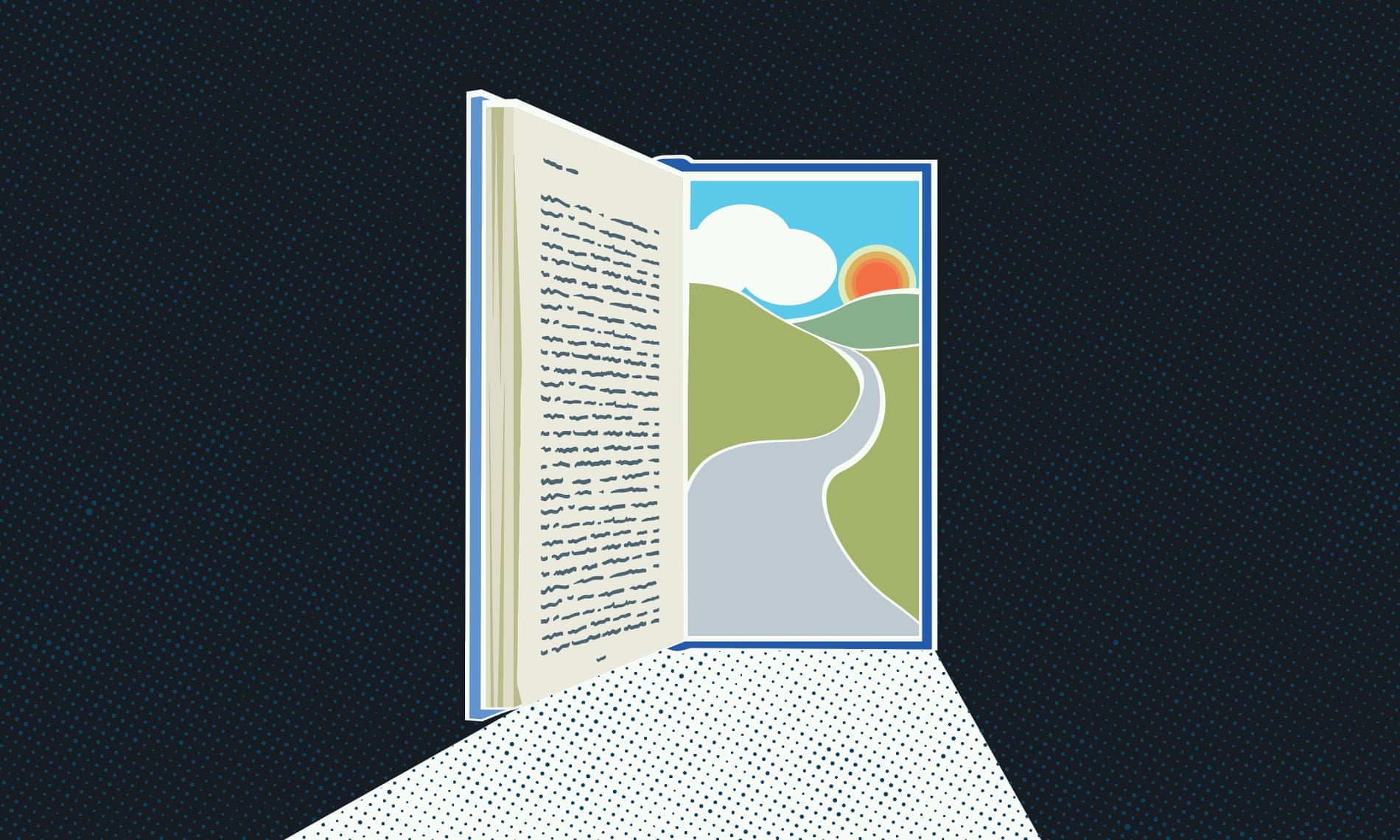Turn your mind for a moment to a friend or family member you cherish but don’t spend as much time with as you would like. This needn’t be your most significant relationship, just someone who makes you feel energized when you’re with them, and whom you’d like to see more regularly.
How often do you see that person? Every day? Once a month? Once a year? Do the math and project how many hours annually you spend with them. Write this number down and hang on to it.
For us, Bob and Marc, though we work closely together and meet every week by phone or video call, we see each other in person for only a total of about two days (48 hours) every year.
How does this add up for the coming years? Bob is 71 years old. Marc is 60. Let’s be (very) generous and say we will both be around to celebrate Bob’s 100th birthday. At two days a year for 29 years, that’s 58 days that we have left to spend together in our lifetimes.
Fifty-eight out of 10,585 days.
Of course, this is assuming a lot of good fortune, and the real number is almost certainly going to be lower.
Read the rest of this article at: The Atlantic
In the early hours of February 24, 2019, a seventeen-foot-long fishing boat entered a narrow coastal inlet near Beaufort, South Carolina. It was foggy, the passengers were navigating with a flashlight, and they had been drinking all evening. At around 2:30 A.M., a bridge loomed up in the dark, and the boat hit pilings before running up the nearest bank, with a gashed hull. Three of the six people on board, all young adults, were thrown into the icy water. Two resurfaced, but there was no sign of the third, a nineteen-year-old named Mallory Beach. Her body was found a week later, in a marsh a few miles away.
There was some uncertainty at first about who was steering the boat at the moment of impact, but it was known to be one of two young men. Both had consumed alcohol, though the survivors reported that one of them, a nineteen-year-old named Paul Murdaugh, was more inebriated than the other. He had slipped into an aggressive alter ego, nicknamed Timmy by his friends. One of the passengers later testified, “When they can tell he’s drunk, somebody will say, ‘All right. Here comes Timmy. We got to go.’ ” The boat belonged to Paul’s family, and he was behind the wheel for most of the evening. However, Paul’s friend Connor Cook had sometimes taken over while Paul stepped away to argue with his girlfriend, eventually hitting her. Whoever was steering faced dire consequences if found responsible for the accident. But there was a significant disparity of power and privilege: Connor was a construction worker, and Paul was a Murdaugh.
The surname, pronounced “Murdock,” was a potent charm in the state’s southernmost region, known as the Lowcountry. Since 1920, three generations of Murdaughs had presided as solicitors—prosecutors—over the Fourteenth Judicial Circuit, while also amassing a small fortune from private litigation through the family firm. The solicitorship passed out of the family in 2005, but Paul’s father, Alex, served as a volunteer in the office and apparently retained close ties to local law enforcement.
Read the rest of this article at: The New Yorker
Though he has a baseball cap pulled down over his eyes having been awake since 4am — it’s now 7pm — when I come face to face with Robert Pattinson he is quick to assure me that he is totally fine. The early rising is just because he is in the middle of shooting a new film: a film about which he is extremely enthusiastic.
‘It’s with Parasite director Bong Joon-ho and it’s like nothing I’ve ever done before,’ he says. ‘The movie is so crazy, it’s a completely different style of working.’ In the film — Mickey 17, based on a dystopian sci-fi novel by Edward Ashton — Pattinson plays two versions of himself (both clones) who team up to work together. ‘It’s so much talking,’ he says. He’s been staying in a little hotel in Bedford near a vast airport hangar where they’ve built the set. In the evenings he has been back in his room, getting increasingly worried that it might be haunted. ‘Anyway, today I just realised that I’m probably not seeing ghosts — it’s probably just because I’ve been drinking about 17 cups of coffee a day.’ So to confirm: Robert Pattinson is not going mad, he’s just very, very tired.
Read the rest of this article at: Evening Standard
Artificial intelligence has in recent years proved itself to be a quick study, although it is being educated in a manner that would shame the most brutal headmaster. Locked into airtight Borgesian libraries for months with no bathroom breaks or sleep, AIs are told not to emerge until they’ve finished a self-paced speed course in human culture. On the syllabus: a decent fraction of all the surviving text that we have ever produced.
When AIs surface from these epic study sessions, they possess astonishing new abilities. People with the most linguistically supple minds—hyperpolyglots—can reliably flip back and forth between a dozen languages; AIs can now translate between more than 100 in real time. They can churn out pastiche in a range of literary styles and write passable rhyming poetry. DeepMind’s Ithaca AI can glance at Greek letters etched into marble and guess the text that was chiseled off by vandals thousands of years ago.
These successes suggest a promising way forward for AI’s development: Just shovel ever-larger amounts of human-created text into its maw, and wait for wondrous new skills to manifest. With enough data, this approach could perhaps even yield a more fluid intelligence, or a humanlike artificial mind akin to those that haunt nearly all of our mythologies of the future.
The trouble is that, like other high-end human cultural products, good prose ranks among the most difficult things to produce in the known universe. It is not in infinite supply, and for AI, not any old text will do: Large language models trained on books are much better writers than those trained on huge batches of social-media posts. (It’s best not to think about one’s Twitter habit in this context.) When we calculate how many well-constructed sentences remain for AI to ingest, the numbers aren’t encouraging. A team of researchers led by Pablo Villalobos at Epoch AI recently predicted that programs such as the eerily impressive ChatGPT will run out of high-quality reading material by 2027. Without new text to train on, AI’s recent hot streak could come to a premature end.
Read the rest of this article at: The Atlantic
Every crisis is in part a storytelling crisis. This is as true of climate chaos as anything else. We are hemmed in by stories that prevent us from seeing, or believing in, or acting on the possibilities for change. Some are habits of mind, some are industry propaganda. Sometimes, the situation has changed but the stories haven’t, and people follow the old versions, like outdated maps, into dead ends.
We need to leave the age of fossil fuel behind, swiftly and decisively. But what drives our machines won’t change until we change what drives our ideas. The visionary organiser adrienne maree brown wrote not long ago that there is an element of science fiction in climate action: “We are shaping the future we long for and have not yet experienced. I believe that we are in an imagination battle.”
In order to do what the climate crisis demands of us, we have to find stories of a livable future, stories of popular power, stories that motivate people to do what it takes to make the world we need. Perhaps we also need to become better critics and listeners, more careful about what we take in and who’s telling it, and what we believe and repeat, because stories can give power – or they can take it away.
To change our relationship to the physical world – to end an era of profligate consumption by the few that has consequences for the many – means changing how we think about pretty much everything: wealth, power, joy, time, space, nature, value, what constitutes a good life, what matters, how change itself happens. As the climate journalist Mary Heglar writes, we are not short on innovation. “We’ve got loads of ideas for solar panels and microgrids. While we have all of these pieces, we don’t have a picture of how they come together to build a new world. For too long, the climate fight has been limited to scientists and policy experts. While we need their skills, we also need so much more. When I survey the field, it’s clear that what we desperately need is more artists.”
What the climate crisis is, what we can do about it, and what kind of a world we can have is all about what stories we tell and whose stories are heard. Climate change was a story that fell on mostly indifferent ears when it was first discussed in the mainstream more than 30 years ago. Even a dozen years ago, it was supposed to be happening very slowly and in the distant future. There were a lot of references to “our grandchildren’s time”. It was a problem that was difficult to grasp – this dispersed, incremental, atmospheric, invisible, global problem with many causes and manifestations, whose solutions are also dispersed and manifold. That voices from the climate movement have finally succeeded in making the vast majority understand it, and many care passionately about it, might be the biggest single victory the movement will have. Because once you’ve won the popular imagination, you’ve changed the game and its possible outcomes. But this was a long, slow, arduous process, and misconceptions still abound.
Read the rest of this article at: The Guardian







